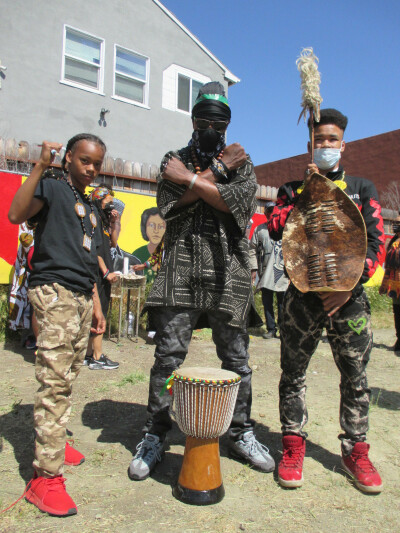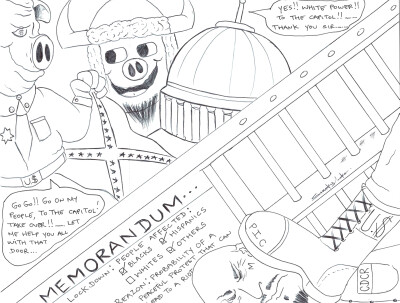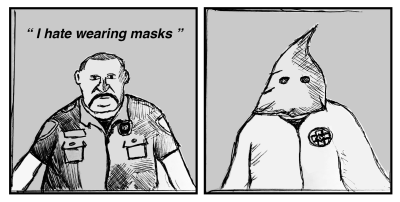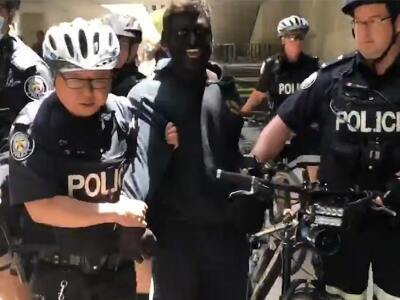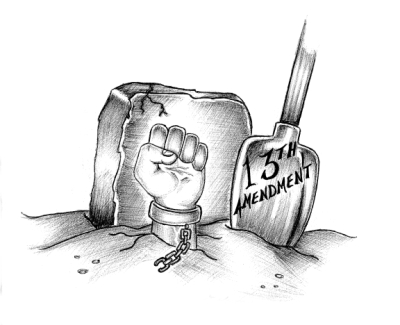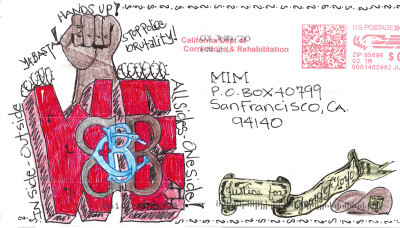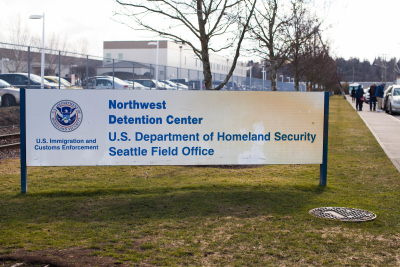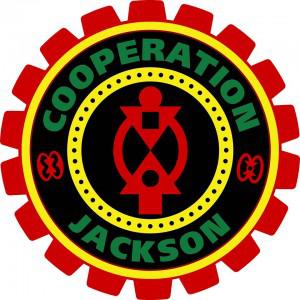
We Still Charge Genocide: Will The Real New Afrikans Please Stand Up!
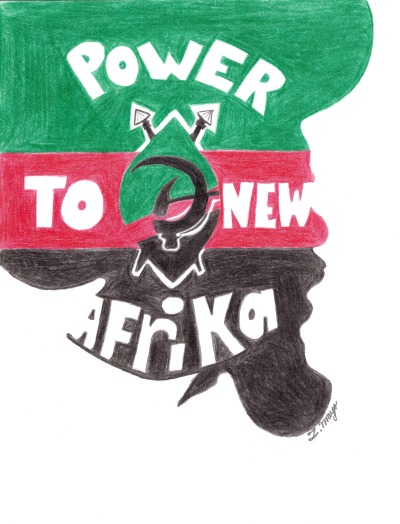
In ULK #73, MIM (Prisons) published one of my articles entitled: Da Struggle Continues: We Still Charge Genocide. In said article i announced the coming of the international tribunal 2021, which took place October 22-25, and has now passed. In this article we will look to a few of the events that have taken place since that previous article, and how it pertains to Our plans going forward.
For those who do not know, the verdict given by the International Jurists was an emphatic GUILTY of all charges. These charges include:
- Police racism and violence
- Mass incarceration
- Political prisoners and prisoners of war
- Environmental racism
- Health inequalities
In the wake of the hystoric verdict leaders of this campaign announced the next step forward being the establishment of what they’ve coined a ‘People’s Senate’. This infrastructure is a key stepping stone for New Afrikan, Indigenous, and Chican@ nation citizens to formulate the common unity needed to eventually conduct a U.N. supervised plebiscite, which will finally legitimize Our quest for Self-determination.
Ultimately, that is the reason the tribunal was so important. With the advent of the guilty verdict the political line that seeks revolutionary nationalism for internal semi-colonies in north amerika has been legitimized within the eyes of the international community, and the United Nations (U.N.).
While Our struggle(s) have long been legitimate in Our own eyes, when establishing an independent nation it is prerequisite that a nation gain international diplomatic support. In the past New Afrikans have had such support. However in recent decades such support has waned as New Afrikans have become increasingly more bourgeoisified, and more and more assimilated. As a result other countries have been hesitant to step out on a limb in support of amerikanized ‘negroes’.
Now with the advent of the People’s Senate We will possess the infrastructure to properly seek out reparations, and independent nationhood. Up until this point the reparation push in this present landscape has been one which revolutionary nationalists would be hard-pressed to support. This was because the institutions and hand-picked persyns chosen as the voice for reparations movement were amerikanized negroes, seeking further assimilation into amerika, utilizing the economic plight of segments of New Afrika to advance their own agendas. With the People’s Senate, We will guarantee a people’s voice, and a people’s control of the direction of Our collective movement. Incarcerated persyns may also take part in this People’s Senate. You should contact the Jericho Movement for further details on how to participate. # Power Moves
The above-mentioned international tribunal took place in Harlem, at the Malcolm X and Betty Shabazz center, which is the exact location Bro. Malcolm X. was assassinated.
Now, 56ADM (56 years After the Death of Malcolm), those men who’ve languished behind bars falsely framed by the U.S. government for Bro. Malcolm’s murder were officially exonerated 18 November 2021. This long overdue exoneration came about after a February 2020 Netflix documentary, Who Killed Malcolm X aired, and its startling conclusion initiated calls from the Shabazz family to re-open the case of Bro. Malcolm’s assassination. The basic conclusion is that the actual shooter, along with others present were working on behalf of the FBI, when they murdered Malcolm X on the orders of their masters.
Of course to many this is not ‘news’, but merely a confirmation of a long-held belief. What is outrageous to this writer is that with the government basically admitting to assassinating one of the greatest and best leaders We’ve had for the New Afrikan liberation cause, the level of outrage is basically zero. Brother Malcolm once said that We have gone from a race of warriors and untamed runaways, to a race of complicit house n___ers. Sad, but true. When the U.S. can for all intents and purposes admit to assassinating Malcolm X, a liberatory leader, when Kyle Rittenhouse can be found not guilty (more on this later) and there is no outrage or sustained resistance, when Ahmaud Arbery’s murderers begin trial and not ONE New Afrikan persyn is selected on their jury in a county that is 25% New Afrikan (more on this later) and there is no outrage nor sustained resistance, We’ve become complicit in Our own oppression. We’ve capitulated to the will of Our enemies. WILL THE REAL NEW AFRIKANS PLEASE STAND UP!!!???
AS if Our case for Black secession, and a socialist Republic of New Afrika weren’t clearly justified, events like Kyle Rittenhouse’s acquittal, and the lack of Black jurors in the case of Ahmaud Arbery underscore grievances issued by generations of neo-colonized Afrikans in amerika. What We as a people must overstand is that these issues do not persist because of racism. Malcolm X wasn’t assassinated by racism, but by a corrupt power structure. Kyle Rittenhouse’s murderer of two Black Lives Matter supporters and the wounding of a third, wasn’t acquitted by a racist, nor because of racism, as his victims were white themselves. Instead he was acquitted because the political orientation that led to his actions (settler-colonial imperialism) is part and parcel with the political identity of the corrupt power structure. And finally, the murderers of Ahmaud Arbery are being tried by a jury of their peers, while New Afrikans have been pleading for the same consideration for literally centuries, because their actions were in furtherance of the corrupt power structure’s sustained power. That is while some of us have been struggling to ‘FREE THE LAND!’, a New Afrikan is unable to run FREELY in the LAND. The devilish cowards that murdered brother Ahmaud reinforce the colonial relationship between New Afrikans and the white settler amerikans.
The time has come to move away from BLACK LIVES MATTER to the NEW BLACK LIBERATION MOVEMENT. We are not fighting racism, We’re fighting oppressive and exploitative POWER. In order to ever be FREE, in order to have a REAL influence on whether or not incidents like those mentioned here ever happen again, We must obtain POWER, and We must exercise POWER in non-exploitative or oppressive manners. To accomplish this, the formula is simple, We must organize now for people’s WAR, Vita Wa Watu, to seize power, and implement socialist (non exploitative/oppressive) power.
LONG LIVE THE SPIRIT OF MALCOLM X
WILL THE REAL NEW AFRIKANS PLEASE STAND UP
POWER MOVES
Related Articles:This article referenced in:








